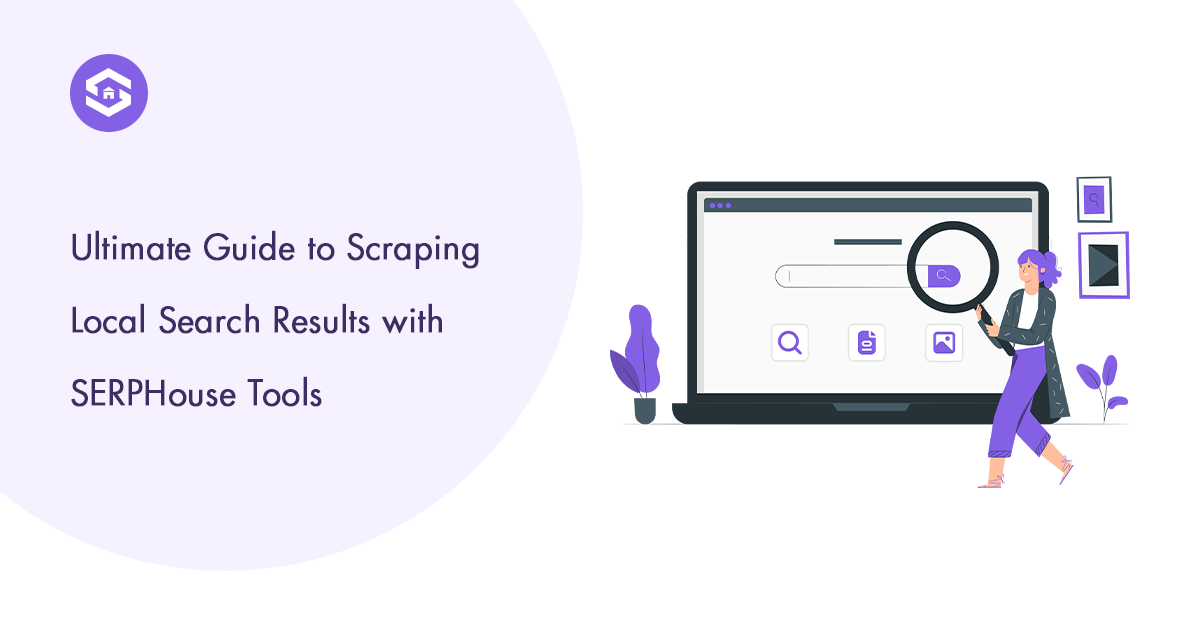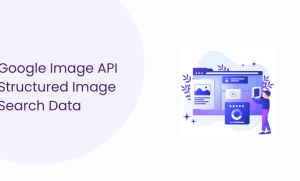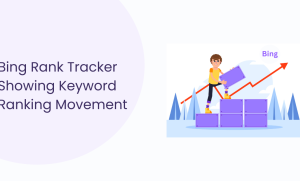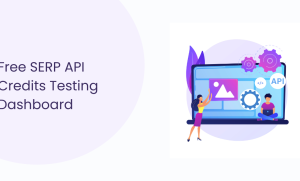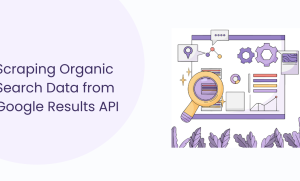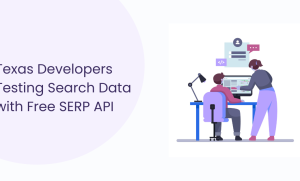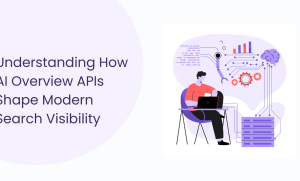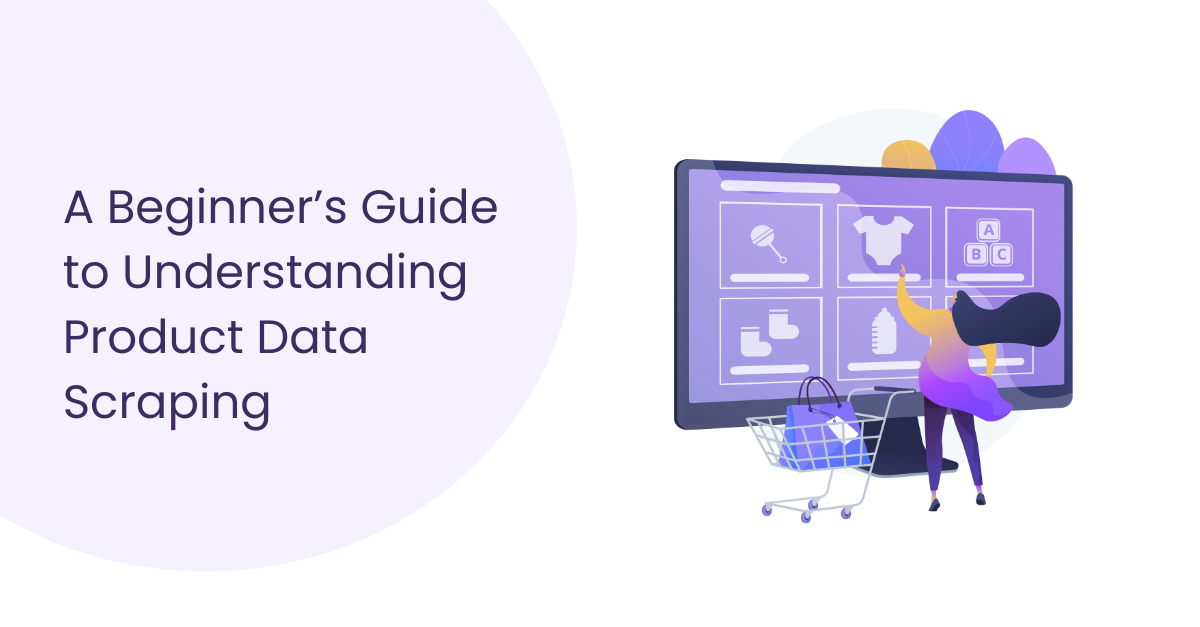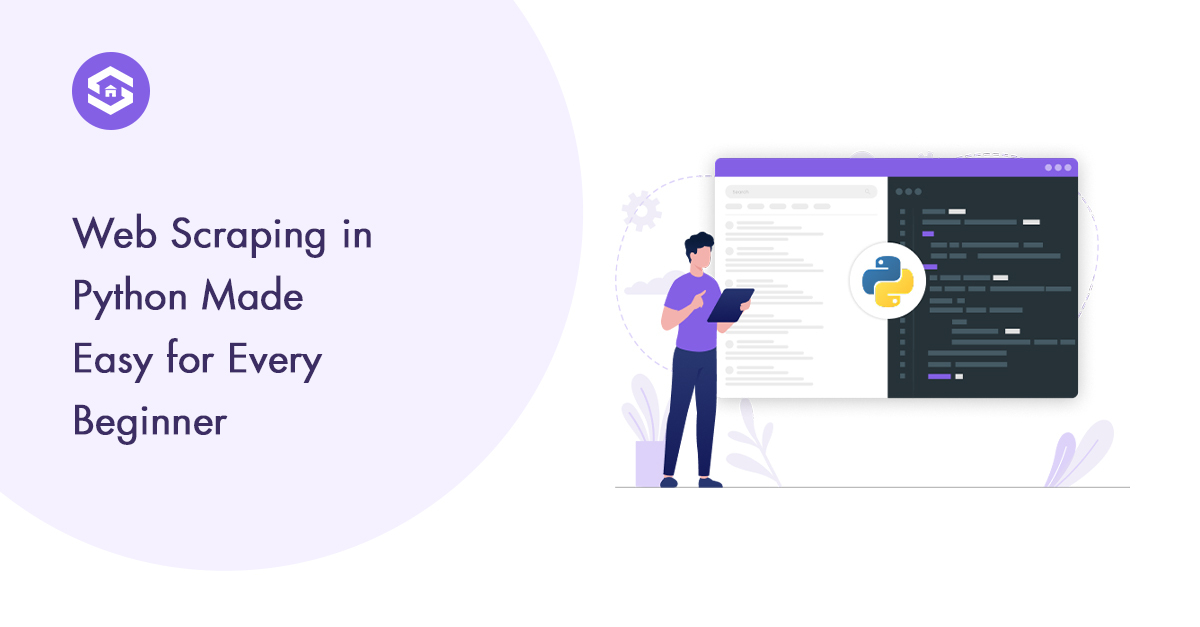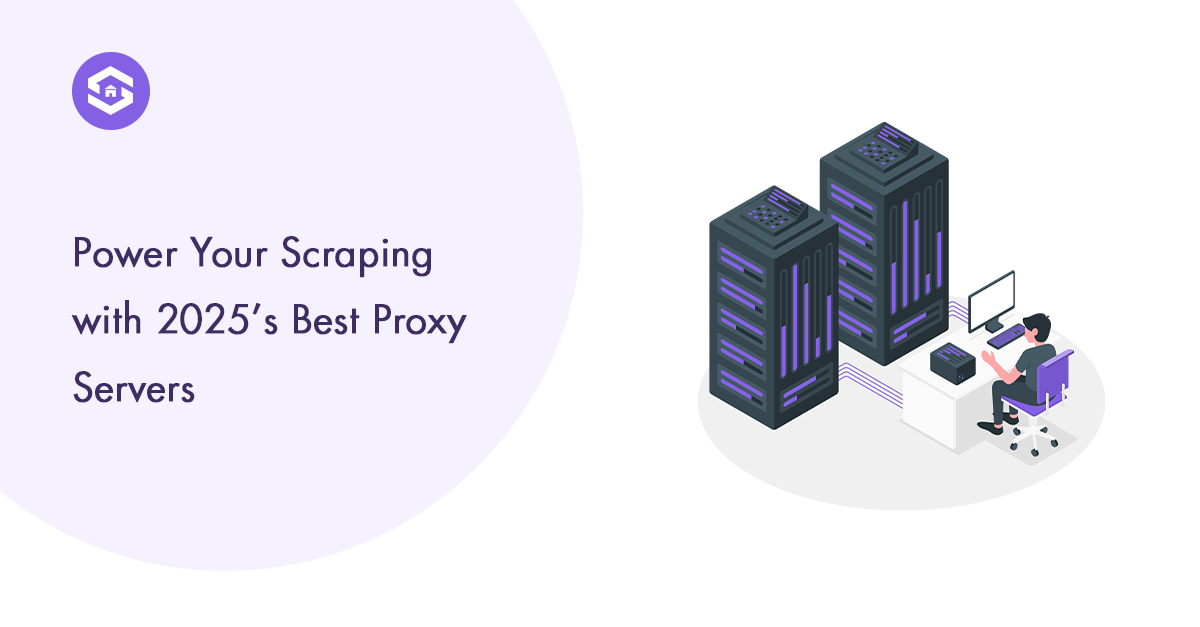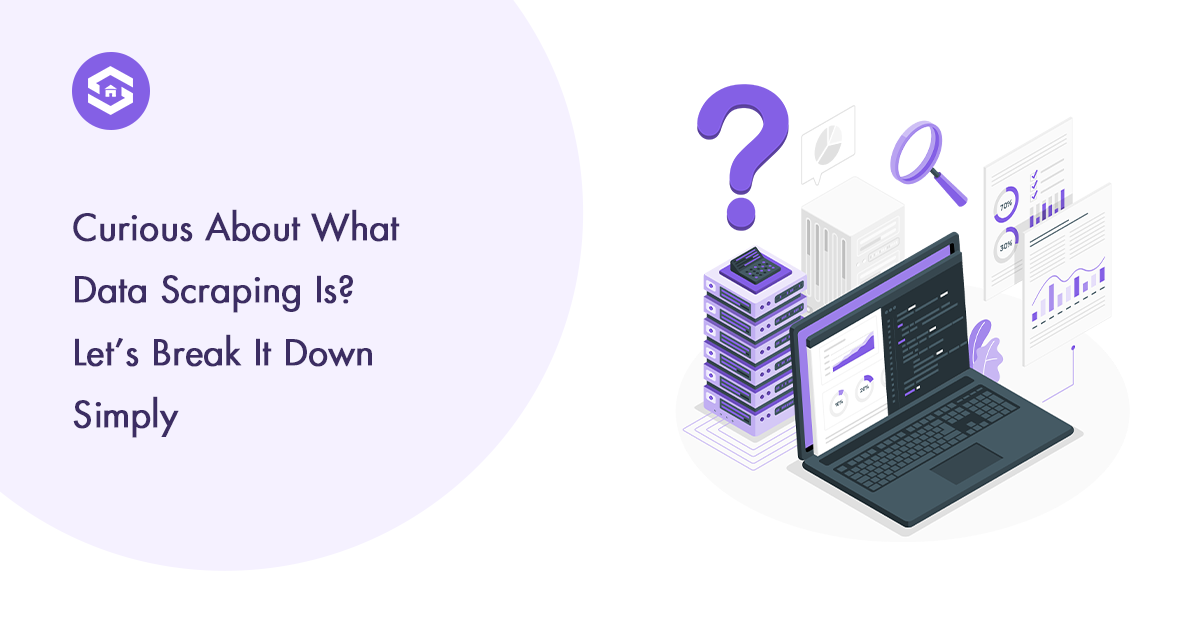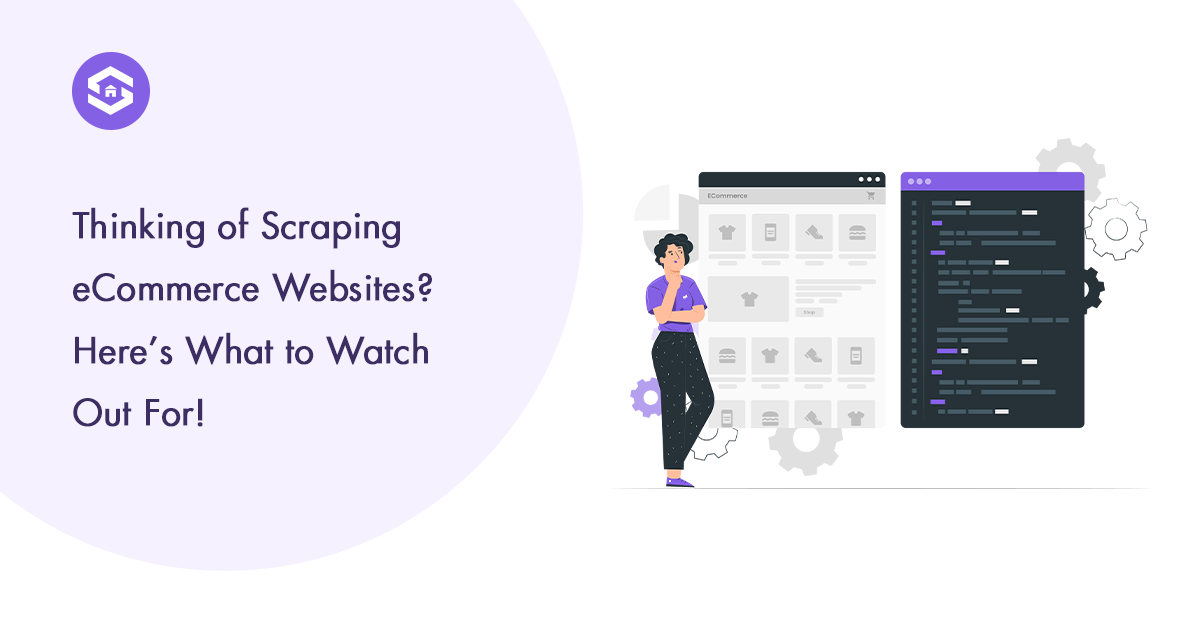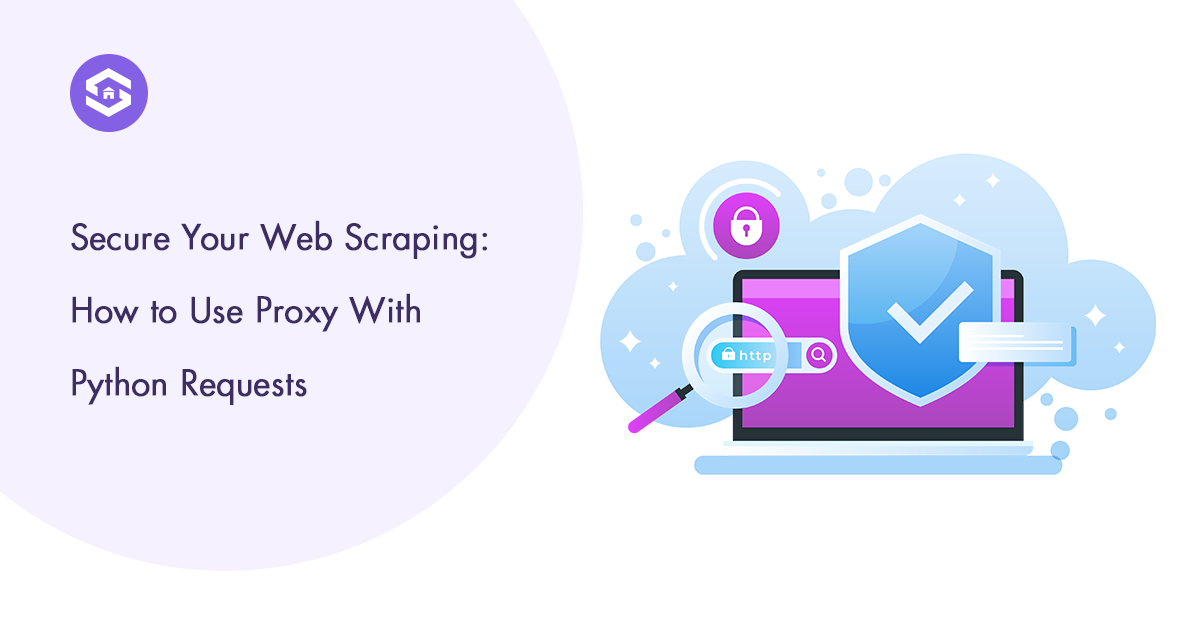Table of Contents
Table of Contents
In today’s digital market, capturing local search data is important for any business looking to succeed in a specific geographic area. Knowing how to scrape local search results can provide valuable information about competition rankings, customer preferences, and market trends. SERPHouse, a popular SERP scraping API, provides an effective way to get this data, allowing businesses to optimize their local SEO strategies.
This article will walk you through the full process of scraping local search results with SERPHouse, explaining why it’s important, how it works, and best practices for getting the most out of your data.
Why Local Search Data Matters for Businesses
Enhances Local SEO Strategy: Local search data provides insights into keywords, search trends, and competitor strategies in a specific location, allowing you to refine your SEO to better target local customers.
Identifies Competitor Performance: Examining local search rankings allows you to see which competitors are leading in your area, what keywords they’re ranking for, and how you might potentially outperform them.
Helps Tailor Marketing Campaigns: Local data allows you to adapt your marketing to meet customers’ preferences in a given location. This data can help with ad targeting, content creation, and even product offerings.
Improves Customer Insights: Understanding what local customers search for helps you better understand their needs, allowing you to provide a more tailored and relevant customer experience.
What is SERPHouse?
SERPHouse is an API-driven solution that collects structured search engine result page (SERP) data. With support for Google, Bing, and Yahoo, it offers detailed search results in a variety of media, including local, image, and video. SERPHouse is ideal for businesses and digital marketers who need reliable, accurate search data without the hassle of manual scraping.
Some benefits of using SERPHouse include:
- Ease of Use: Simple API calls fetch data without needing complex coding.
- Comprehensive Data: Provides a wide range of SERP data, from organic rankings to local results.
- Accuracy: Regularly updated to ensure data remains consistent with live search results.
- Customizable Queries: Allows location- and device-specific searches, making it perfect for local SEO.
Getting Started with SERPHouse for Local Search Data
Here’s how to get started with SERPHouse to scrape local search data:
1. Sign Up and Set Up Your API Key
To begin using SERPHouse, you’ll need to:
- Register on the SERPHouse website: Sign up for an account to access their API dashboard.
- Generate an API Key: This key is used to authenticate your queries to the SERPHouse API, therefore keep it secure.
- Choose a Plan: SERPHouse offers a variety of subscription plans based on your data usage and budget.
With your API key, you’re ready to begin collecting local search data.
2. Define Your Local Search Objectives
Identifying defined goals for your data collection will make it easier to choose parameters such as location, device, and language.
- Target Location: Select the city, state, or country where you want to collect data. SERPHouse supports precise geo-targeting, which is essential for local SEO.
- Device Type: Choose between desktop and mobile results based on the type of audience you want to learn about.
- Language Preferences: Setting a language preference in multilingual areas can improve the relevance of results.
Having a structured plan in place before you begin can help you streamline your data collection process and gain the most valuable insights.
3. Choose the SERP Type: Organic vs. Local Pack Results
Local search results can include a variety of data types, such as organic results, map listings, and local pack results. Decide which is most helpful for your goals.
- Organic Results: These lists show websites that rank for your target keywords. Organic data is useful for identifying high-performing content and SEO strategies.
- Local Pack Results: The “Local Pack” displays at the top of local search results and is often displayed on maps. Scraping this data is essential for businesses having physical locations, such as stores or service providers.
For example, a restaurant may place more value on local pack data, but an online retailer may prefer organic listings.
How to Use SERPHouse to Collect Local Search Data
After you’ve specified your goals and chosen your search parameters, you can begin gathering data with SERPHouse.
Step 1: Configure Your API Call
The SERPHouse API allows you to customize your query by specifying parameters such as location, language, and device type. When setting up your API call:
- Select Local Search Parameters: Add location filters to ensure that you are receiving data from the desired geographic area.
- Set the Search Engine to Bing: Since this guidance focuses on Bing, make sure your API call utilizes Bing as the search engine.
- Choose Result Type: Specify if you want organic or local pack results that match your objectives.
Step 2: Make the API Request
Use your API key to submit your request to the SERPHouse API. The data given will include search results that are suited to your preferences, as well as information about each entry’s titles, URLs, descriptions, and ranks.
Analyzing Your Local Search Data
Once you have the data, here’s how you can extract actionable insights:
1. Keyword Performance Analysis
Identify which keywords rank well locally and which ones require improvement. This information can help you plan your content strategy and create location-specific content that appeals to local searchers.
2. Competitor Insights
Look at competitors who appear in local search results. Analyze their website content, business listings, and reviews to understand why they rank higher. These insights can help you adjust your strategy to compete more effectively in local search.
3. Customer Behavior Patterns
Tracking search trends allows you to better understand what local customers are looking for. Use these insights to improve product offers, customize messages, and respond to customer needs.
4. Local Pack Optimization
For businesses looking to feature in the Local Pack, SERPHouse data provides vital insights into the elements that contribute to high Local Pack rankings, such as keyword inclusion, favourable reviews, and complete business profiles.
Best Practices for Scrape Local Search Results with SERPHouse
To get the most from your local search data collection, keep these best practices in mind:
Use Location-Specific Keywords
Local search results often rely on specific terms. Make sure to include location-based keywords in your data gathering to get more relevant results.
Respect API Rate Limits
SERPHouse uses rate limits to prevent excessive requests. Respecting these limits provides consistent API performance while avoiding any account restrictions.
Clean and Organize Your Data
Well-organized data is easier to analyze. Filter, sort, and categorize your search results using tools such as spreadsheets or data management platforms to increase the efficiency of analysis.
Periodically Refresh Your Data
Local search results vary frequently. Regularly updating your data allows you to track trends over time, monitor rivals, and keep your local SEO relevant.
How SERPHouse Data Benefits Local SEO and Marketing Strategies
Now that you have the data, how can it enhance your local SEO and marketing efforts?
Content Localization: Use local search data to create content tailored to your specific region. Blogs, tutorials, and product pages that include local keywords can boost exposure and relevancy in local searches.
Enhanced Google My Business Optimization: While this post focuses on Bing, comparable strategies apply to other search engines. By improving your local listings based on insights, you may boost your company’s success in both Bing and Google’s local search rankings.
Customer Engagement through Local Insights: Insights into popular keywords and search trends enable you to tailor your messaging to local preferences. This can enhance customer engagement and increase conversion rates.
Ethical Considerations and Compliance
When scraping local search data, ethical practices are essential. Here are some tips to keep your data collection compliant:
- Respect SERPHouse Terms of Service: SERPHouse provides the data under specific usage conditions. Reviewing and following these guidelines will ensure your scraping remains ethical.
- Maintain Data Privacy: To ensure compliance with data protection laws, avoid collecting or using any personal information from search results.
- Limit Excessive Data Collection: Collect only the data you need for analysis to prevent unnecessary requests and server load.
Conclusion
Scraping local search results using SERPHouse is a powerful way to gather actionable insights for your SEO and marketing strategies. From keyword analysis to competitor tracking, the data provided can help you understand and connect with your target audience on a local level.
By following best practices and ethical guidelines, you can make the most of SERPHouse’s capabilities, enhance your local SEO, and stay ahead of competitors. With a well-planned approach, SERPHouse’s local search scraping can be a game-changing tool for your business’s growth in a competitive landscape.

